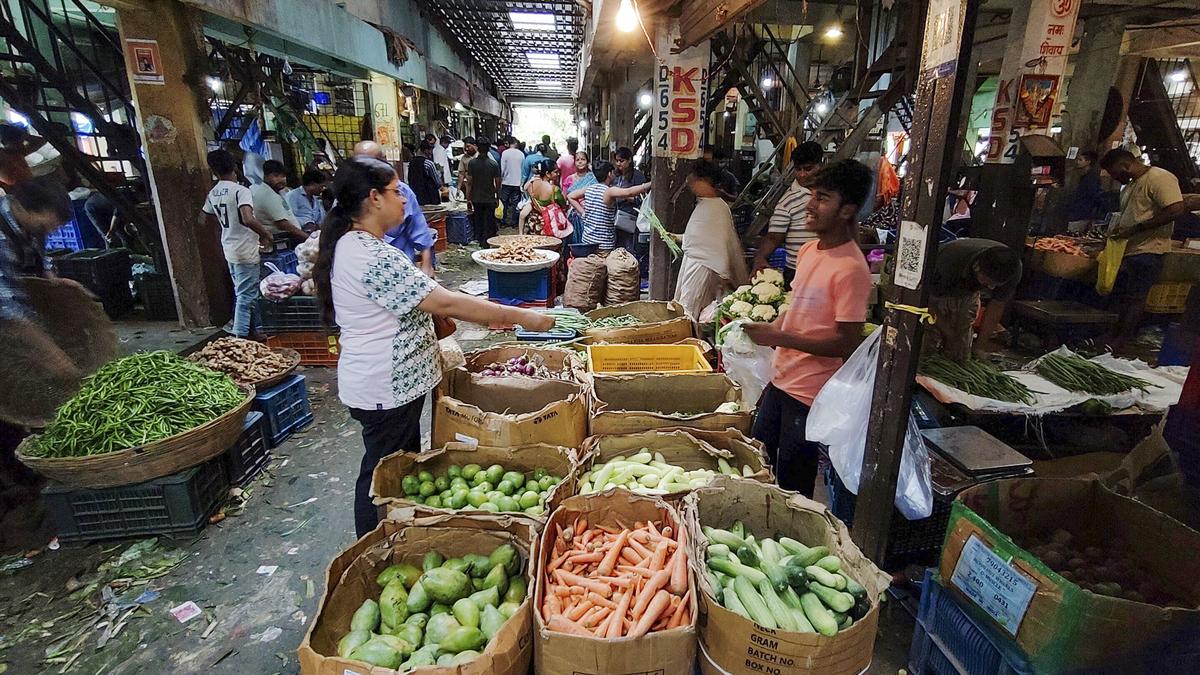
Maharashtra’s mandate: the role of issues and candidates
The Hindu
2024 Maharashtra Assembly polls: Voters saw Mahayuti alliance as more likely to deal effectively with the key issues; outcome highlights its strong performance, scoring over MVA; some voters focused more on candidates than parties
This Maharashtra Assembly election result marks a significant shift from the Lok Sabha elections, held earlier this year where the Mahayuti trailed behind the Maha Vikas Aghadi (MVA) by a considerable margin. The Assembly outcome highlights Mahayuti’s strong performance, clearly scoring over the competition and securing a clear mandate. Given this decisive victory, it is important to examine key voting issues that shaped the electorate’s choices and contributed to the election outcome.
The survey conducted by Lokniti-CSDS reveals that inflation emerged as the dominant concern for voters, with a quarter of voters identifying it as the key issue influencing their vote. Close behind, two of every ten (21%) voters pointed to unemployment as a major factor. Agricultural issues also played a significant role, with a little over one of every ten (13%) citing them as a critical concern. Other noteworthy issues highlighted included the lack of development, which was flagged by one of every ten, and the question of reservation, was mentioned by 5% (Table 1).
The Mahayuti was the leading choice among voters prioritising any of these five key issues. This implied that voters saw the alliance that won as being more likely to effectively deal with these issues or prioritised others. While it lost some support on the unemployment front, where MVA was a close contender (Table 1).
Although around three-fourths of voters acknowledged that inflation had risen in the State, it did not significantly harm the Mahayuti alliance. When asked who was responsible, half of these respondents blamed both the State and Central governments, while over one in five pointed to the Central government alone. A similar trend was observed with unemployment, where one third voters felt job opportunities had decreased. However, a clear majority—three-fifths of them—blamed both the State and Central governments for the decline (Table 2). This shared responsibility on key issues like inflation and unemployment helped prevent these concerns from becoming decisive factors against the ruling alliance in the State. Further, it could well be an expression of the level of confidence of the people in the winning alliance to resolve these issues.
The choice of candidate emerged as a significant consideration in the voting choice. An interesting aspect of Maharashtra elections was the focus on the candidates, rather than the political parties, when it came to voting decisions. Nearly half of the voters said that their choice was primarily influenced by the candidate, while around four in ten considered the party affiliation. Only 6% cited CM candidate as the main factor in their decision-making (Table 3).
There was a noticeable difference in the voting patterns of those who preferred a party or a candidate. Among those who preferred a candidate, over half voted for the Mahayuti alliance, compared to nearly one in three for the MVA. This suggests that candidates played a key role in the voter support for the Mahayuti alliance. (Table 4).
The Mahayuti’s ability to appeal to voters across multiple concerns, combined with a focus on leadership, played a crucial role in securing this decisive mandate.

NDA government in A.P. neglecting students and education sector badly hit, alleges Jagan Mohan Reddy
YSR Congress Party (YSRCP) president Y.S. Jagan Mohan Reddy has criticised the National Democratic Alliance (NDA) government in Andhra Pradesh, accusing it of neglecting all sectors and not paying the fee reimbursement benefits to the students.










